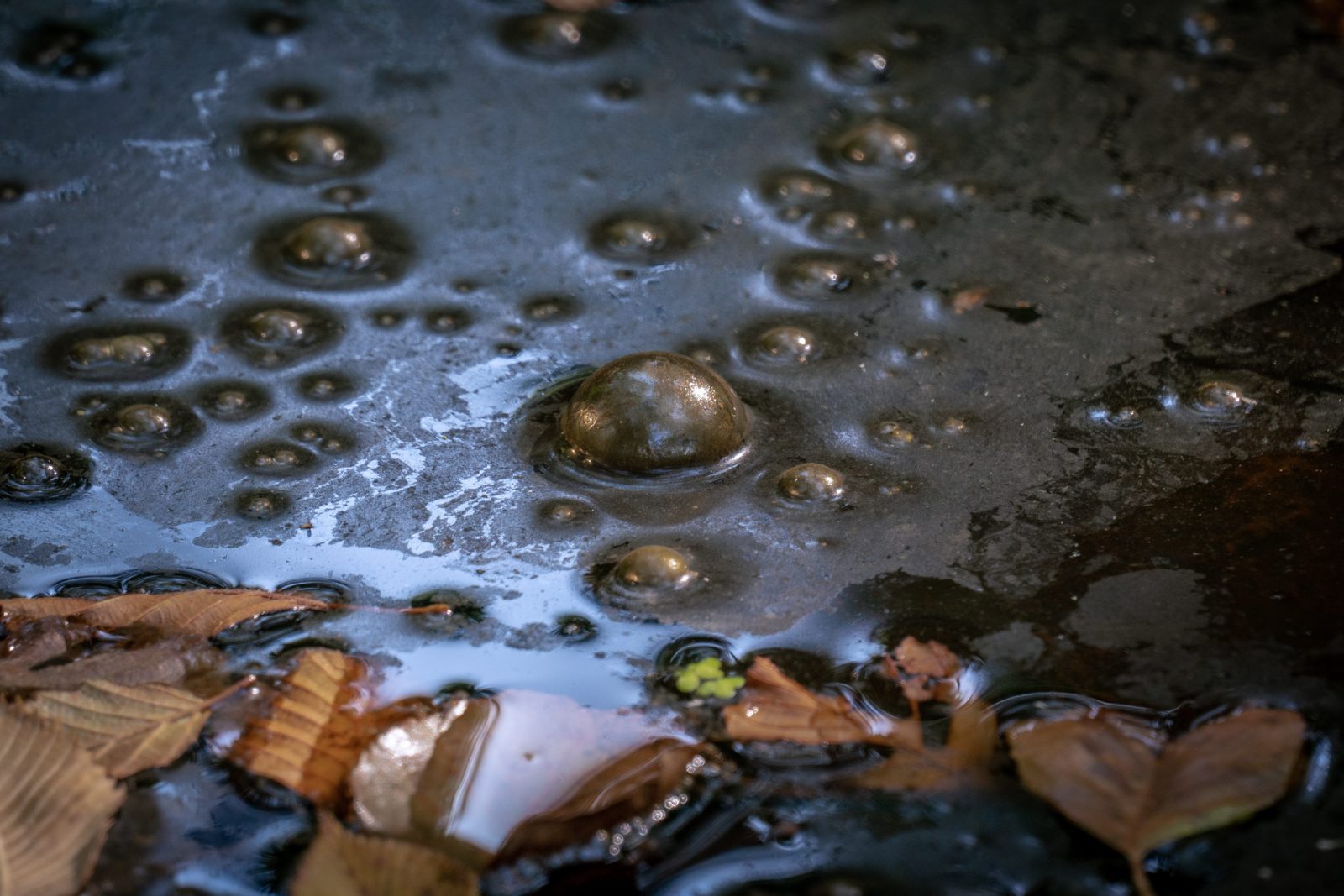
A James Tour Course on Abiogenesis: Prologue
Today’s ID the Future features audio of the first in a series of YouTube videos by Dr. James Tour on the origin-of-life problem. Here Tour, a renowned synthetic organic chemist and professor at Rice University, explains why he is addressing the origin-of-life issue, also known as abiogenesis, and touches on some common misconceptions about the field. He says the organizing impetus for the series is a YouTube video by Dave Farina, “Elucidating the Agenda of James Tour: A Defense of Abiogenesis.” As Farina’s title suggests, he begins his video with an ad hominem attack, seeking to discredit Tour by showing that Tour is a Christian. Tour briefly responds to this line of attack and then moves into matters scientific. There he touches on, among other issues, thermodynamics and the origin-of-life puzzle of low entropy and high energy.
